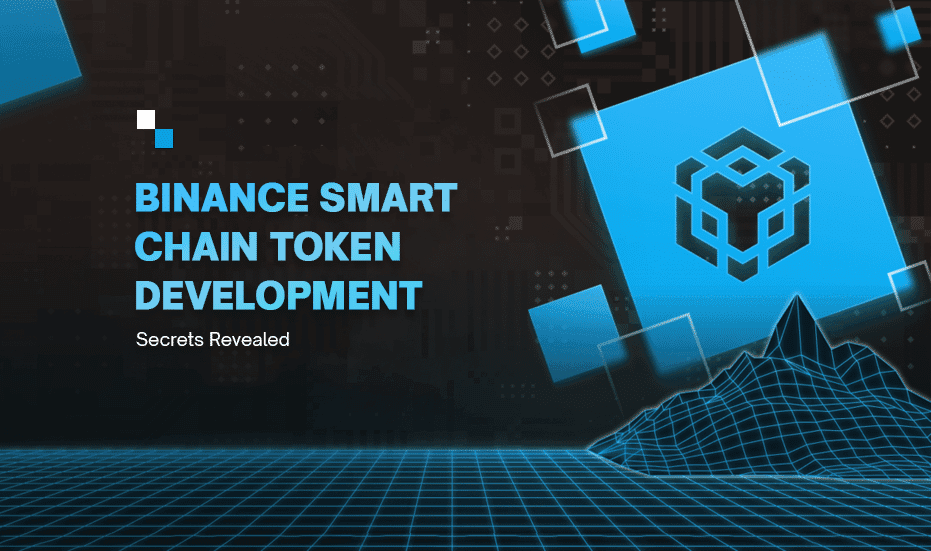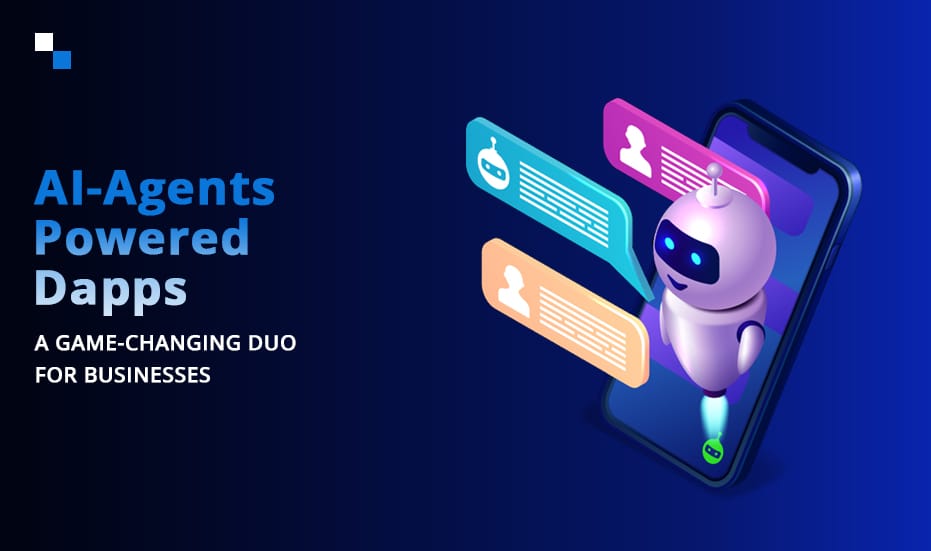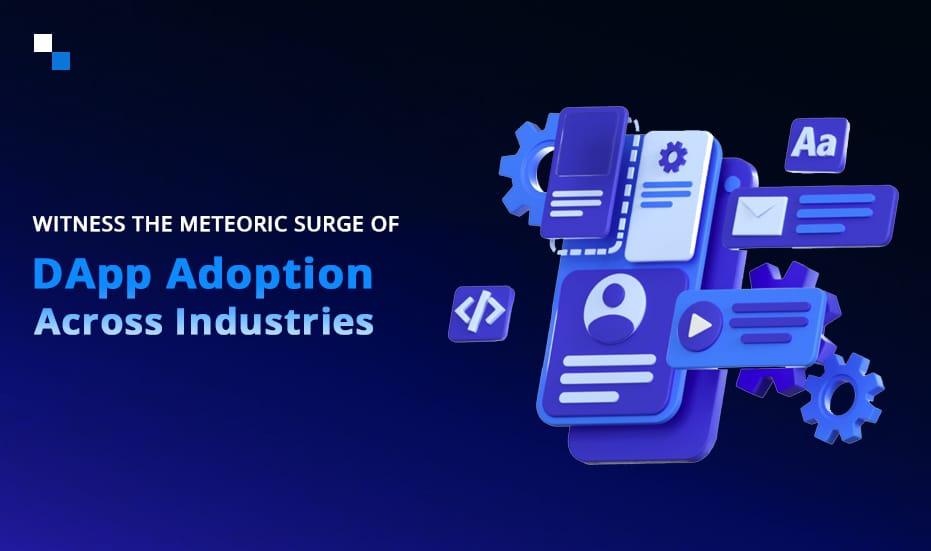Binance Smart Chain (BSC) was formed to combat the drawbacks of the Binance Chain. It’s a unique blockchain that has compatibility with Ethereum Virtual Machine (EVM) and that’s why it’s easy to build Ethereum-based applications on BSC. Several blockchain enthusiasts are already offering dApp development services to meet business needs with greater efficiency.
How Does Binance Smart Chain Work?
Binance and BSC can co-exist and function together because of the cross-chain interoperability feature of Binance. Binance has trading capabilities and BSC supports smart contracts. It is possible to move assets between the two blockchains. It simplifies Binance Smart Chain token development complexities.
It makes it easier for developers to create and distribute testnet tokens to meet BEP20 standards, which is a BSC version of ERC20 tokens. It uses a Proof-of-Staked Authority (PoSA) consensus mechanism that has combined attributes of Proof of stake and Proof of Authority consensuses.
Furthermore, a dApps token development company can utilize the following features of BSC for multiple purposes:
1. Cross-chain Compatibility
The Binance Smart Chain and Binance Chain are two parallel, yet independent blockchains. BSC has a dual chain architecture which provides it an additional capability of sending and receiving assets from one blockchain to another in a hassle-free manner. This cross-chain compatibility feature makes it perfectly suitable for the development of decentralization apps. dApp development services are already leveraging the power of BSC for dApps token development.
2. Consensus
Proof of Staked Authority (or PoSA) consensus algorithm help speed up the process of validating transactions. As soon as a new block proposal is validated, the validators would receive the transaction fees for all transactions included in the block.
3. Pegged Coins
Over the years pegged coins have become a center of attraction among DeFi experts and dApp development services. The value of a pegged coin is equal to the other asset to which it is pegged, and the other asset might be a multi-chain currency, cryptocurrency, gold, or fiat currency.
4. Staking
BSC token holders can stake their tokens. In today’s crypto market, staking is one of the most popular used DeFi and Metaverse practices. Users can stake BNB to receive their rewards much more speedily than usual. As Binance Smart Chain is capable of handling ultra-fast transactions of crypto assets, it has become easier to stake actively. It is one of the main aspects behind the growing prevalence of Binance Smart Chain token development.
5. NFT Design and Support
BSC is now dominating the NFT market and anyone interested in penetrating the NFT world can discuss the prerequisites with the seasoned dApps token development company.

Key Advantages of Conducting Binance Smart Chain Token Development Over Developing Tokens on Ethereum
When we compare the competitiveness of both blockchains, then transaction speed, cost, and security as the three major things that must be taken into consideration.
Binance Smart Chain is fully compatible with Ethereum and both are similar in many ways. Yet, BSC is way better than Ethereum in the following ways:
- Validation Process & Security
On Ethereum, a user needs to stake 32 ETH to become eligible to become a validator. On contrary, a validator needs to stake a minimum of 10000 BNB to prove eligibility. Therefore, it ensures greater authenticity of validators.
We can’t even compare both the blockchains on the parameter of security because Ethereum has more than 300K validators while BSC has only 21. In a way, BSC is pseudo-decentralized.
- Transaction cost or Gas Fees
On average, one has to spend approximately 5 Gwei for carrying out each transaction, which is significantly less than the nearly 40 Gwei gas fees of Ethereum. Therefore, it’s 8x cheaper to run dApp of BSC, and that’s the reason why most of the dApp development services suggest BSC as a better option.
- Transaction speed
Binance smart chain is considered to be one of the most efficient blockchains as it allows. lightning-fast transactions. More than 3000 dApps run on Ethereum and the blockchain shows a throughput of 15 TRP (transactions per second). On the other hand, BSC handles 300 transactions per second.
What Kind of Tokens Can A dApps Token Development Company Create?
BEP-20 and BEP-721 are two types of tokens that can be produced on the Binance Smart Chain. While BEP-20 are fungible tokens, BEP-721 are non-fungible in nature. It’s necessary to know that all fungible tokens hold equal value but each non-fungible token would have a unique value.
Here are some of the best tokens that are popularly discussed with the Binance Smart Chain token development services:
- BNB – Binance Coin or BNB is Binance’s native token, but anyone who likes to use BNB on BSC would have to convert it into BEP-20 before getting started. It will help to get ample discounts on trading fees while operating through any BSC application, such as PancakeSwap.
- CAKE – PancakeSwap is one of the most popular decentralized exchanges (DEXs) that runs on the Binance Smart Chain. PancakeSwap tokens can be staked to earn interest.
- BTCB – Bitcoin BEP-20 or BTCB is tokenized Bitcoin. One has to hold one Bitcoin as a reserved amount for minting each BTCB on Binance Smart Chain. Therefore, the price of one BTCB is the same as the price of a Bitcoin.
- BUSD – Binance USD or BUSD is a stablecoin that is pegged to USD, and it is based on Binance Smart Chain. As the price of BUSD does not fluctuate immensely, it is often used for making crypto investments and earning interest through low-risk crypto accounts.
- C.R.E.A.M. – Initially, it was launched on the Ethereum blockchain and adopted by Binance Smart Chain later. C.R.E.A.M. is a DeFi application used for lending and borrowing digital currency by using cryptocurrency as collateral.
The Bottom Line
Binance Smart Chain (BSC) is grabbing headlines for becoming a prime contender of Ethereum and being eligible for holding the crown of the best DeFi platform. There are several dApp development services that are busy developing DeFi applications that can handle low-cost transactions at unbelievably high speed.
Binance Smart Chain is still evolving. Despite this, crypto investors like to get in touch with Antier, the trusted dApps token development company to create decentralized applications that can harness the power of dual-chain characteristics.
Surprisingly, Binance Smart Chain token development has become a matter of great interest in the crypto world. Are you also interested in the same? Let the Antier team help make a robust dApp for you.





